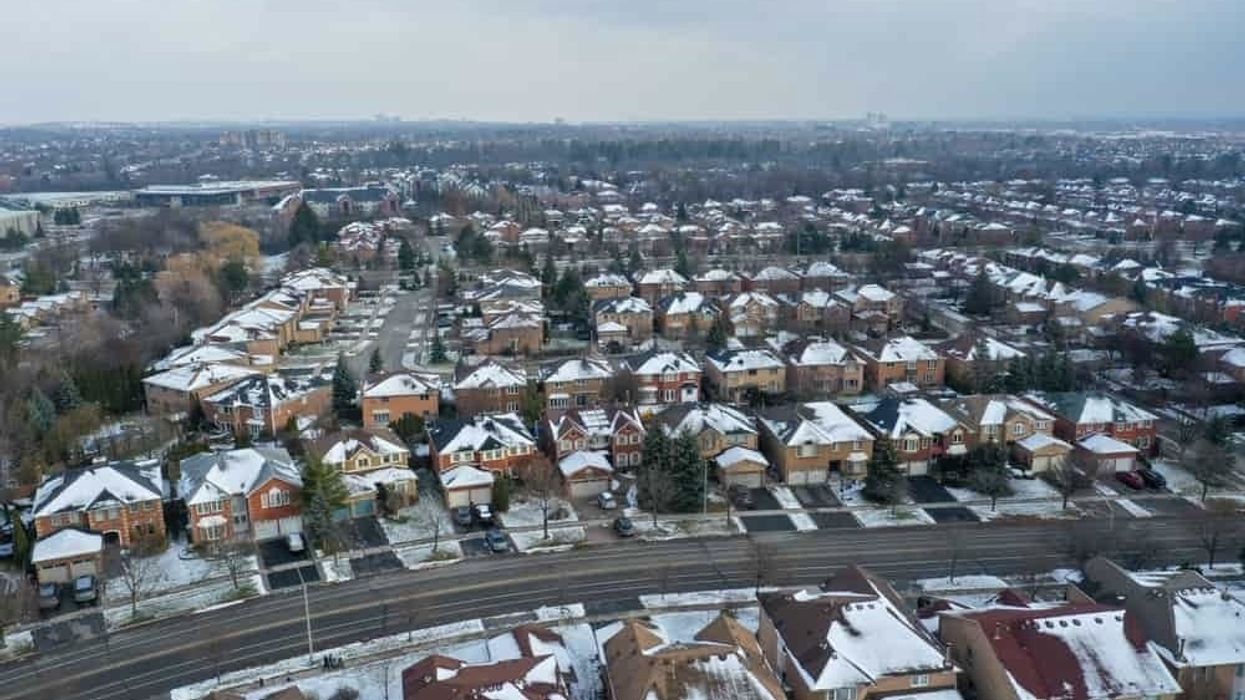Many of the thoughts -- the good, bad, and ugly -- Ontario residents currently have on the province's real estate market have been revealed, thanks to a survey of some 2000 respondents from Abacus Data that was commissioned by the Ontario Real Estate Association (OREA).
Coming as no surprise, the impossible-to-ignore rising cost of living is widely recognized, with 95% of respondents saying it’s more expensive today than two years prior. This is inspiring nearly half of Ontarians (48%) to consider making difficult choices. As a result, 81% of respondents say that the rising cost of living is the number one priority (81%) for the provincial government to focus on.
While more Ontarians think housing prices have declined -- which they have -- there has been no change in the difficulty of buying a home, suggesting that housing affordability has not improved. Of course, climbing interest rates are to blame -- a point driven home earlier this week by Canada’s top economists.
Despite the grim affordability reality, the survey revealed that the desire to own a home is growing, with 69% of non-homeowners saying they are someone who ‘really wants to own a home’ (+9% from January), with just 5% of respondents saying they would be happy renting forever (-17%).
Rising interest rates are already driving homeowners with a mortgage to take steps to reduce their spending. In fact, if rates continue to rise, 21% of these homeowners will need to consider selling their home. Given that this is even higher among those who are younger, rising rates coupled with declining home values will have the largest impact on those who most recently entered the housing market.
The report revealed that nearly two-thirds of the province’s households (64%) are spending over 30% of their household budget on housing, with the Ontario average landing at 41.9%. Renters, on average, are spending 11.2% more than homeowners. With a growing number of would-be homeowners remaining renters, the market is currently plagued by increasingly unattainable rent prices.
It should come as no surprise then that Ontarians want to see local government place even more urgency on housing affordability.
Since January, the rising cost of living continues to increase in priority (81%, +5%) for Ontarians as does improving the health care (78%, +6%) and education (57%, +6%) systems. Housing affordability remains a high priority (68%) and the second most important priority for those under 45 years of age (79%).
Women and younger Ontarians are the most likely to be placing a high priority on the rising cost of living: in fact, 63% of women and 61% of those under 30 say it is their top priority. Almost everyone (95%) recognizes a more expensive cost of living and 74% think the cost of living is ‘much more’ expensive. Women, in particular, recognize the ‘much more’ rising cost of things (80% vs 67% of men).
Even though the housing market has reportedly softened over the past few months, rising interest rates continue to force Ontarians to widely believe that housing is more expensive: 98% agree with this sentiment, with 76% strongly agreeing.





















